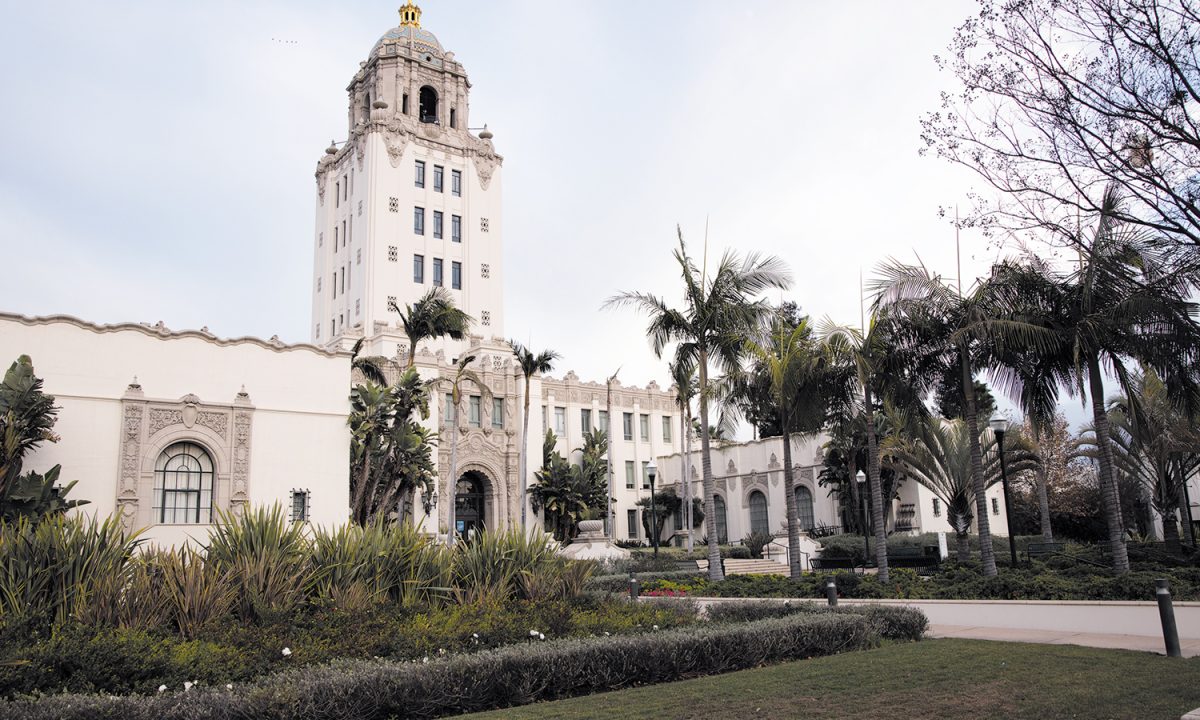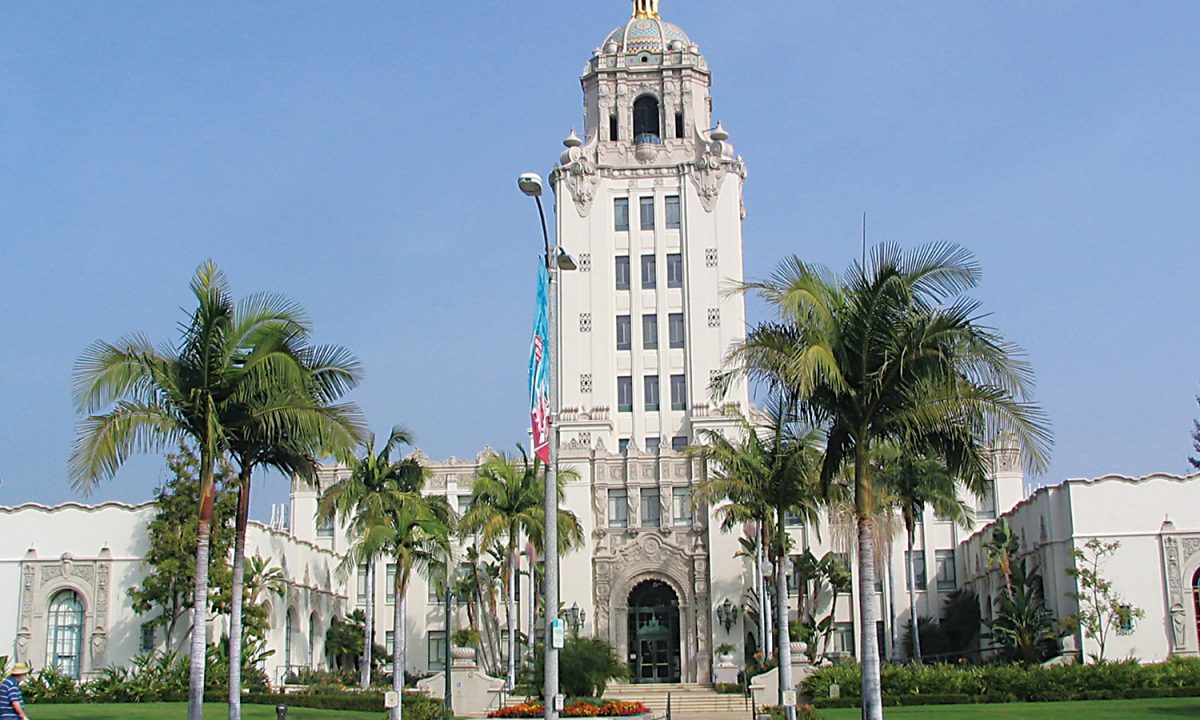Los Angeles area realtors are scrambling to accommodate anxious sellers and eager buyers as the April 1 deadline to Measure ULA fast approaches. As a realtor with Douglas Elliman for the past seven years who has worked with celebrity clients, I have a front row seat to how this is unfolding.
Measure ULA, which stands for United to House LA, imposes a new tax for the city of Los Angeles. The measure, also described as the “mansion tax,” imposes a 4% tax on property sales exceeding $5 million, and a 5.5% tax on properties that sell at $10 million or higher. This new tax adds to an existing 0.45 percent transfer tax on a sale of a property at these values. These taxes must be paid by the seller. The measure was approved by Los Angeles voters last November.
The tax applies not only to single-family homes but also to the sales of multi-unit and commercial buildings as well as vacant land. The purpose of the tax is to generate an estimated $600 million to $1.1 billion annually to create affordable housing and tenant assistance support managed by municipal officials to combat Los Angeles’ rising unhoused crisis, which has worsened since the pandemic and increased inflation.
However, Measure ULA could have an unforeseen ripple effect across an already challenging LA real estate market. The tax is meant to incentivize developers and generate funding to develop new housing; however, there are some concerns that some developers might not pursue projects, inadvertently thwarting expansion that could buoy an economy still in recovery.
Not surprisingly, sellers are offering unprecedented deals to expedite closing on properties by March 31, such as a luxury car included in the transaction. Once the measure goes into effect on April 1, there are several short and long-term ramifications.
First, this measure arrives during very challenging economic fluctuations. We’re seeing an erratic stock market, inflation, interest rate hikes, blockages in supply, demand, and shipping, as well as industries such as the once lucrative technology sector shedding jobs, all of which add to collective uncertainty. No one industry is siloed from the other during highs or lows–we are all interdependent and interconnected–and housing is often a barometer of overall economic health. Given the current sluggish housing market, Measure ULA will likely slow down inventory movement. Sellers will be hesitant to sell, and buyers will be too nervous to buy.
Second, the moods of sellers and buyers in this uncertain climate could create its own domino effect. Housing is a numbers business, but it is also remarkably emotional because we are not simply talking about homes or investments but hopes and dreams for the future. After April 1, we could see a market in which sellers may choose to raise their list prices by $1 million or more to offset the difference lost to this new tax. Or they will more strongly negotiate with an offer on the table if they don’t raise the original price they were thinking. It’s possible that homes valued at over $5 million won’t move at all creating a stalemate in this industry.
Third, the measure could potentially drive developers away in a city that faces a housing shortage. While reports claim that most of the expected revenue from this measure will come from commercial rather than private home transactions, have we considered how this will impact commercial properties? It’s possible multi-unit and commercial owners may raise their tenants’ rents to compensate for deficits, potentially squeezing tenants, whether individuals, families or small to mid-sized businesses, already under financial pressure.
My hope is there will be forward-thinking committee oversight with the revenue that results from Measure ULA. We all want to see homelessness thoughtfully addressed, and housing to be made accessible to all. That means those first few steps shortly after the passage of Measure ULA are mission critical because they could shape Los Angeles’ housing market and economic well-being for years to come.
Marshall Peck has been a realtor in the Beverly Hills area since 2011. He joined Douglas Elliman in 2016, where he was ranked in their top five of all agents in California. As a realtor, Marshall represents celebrities including John Legend and Chrissy Teigen, and works out of Elliman’s West Coast headquarters located on El Camino Drive in Beverly Hills. A resident of Beverly Hills for 13 years, Peck currently serves as a Commissioner on the Beverly Hills Design Review Commission.







